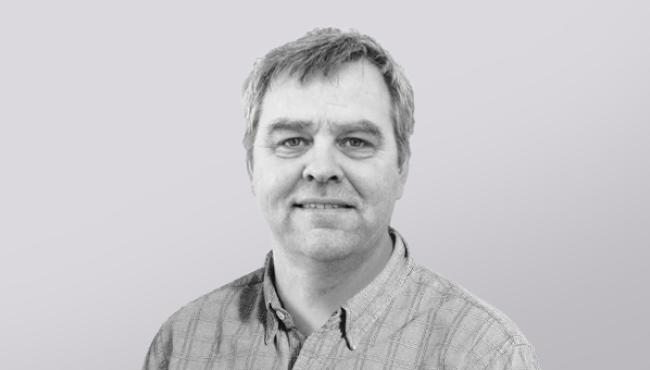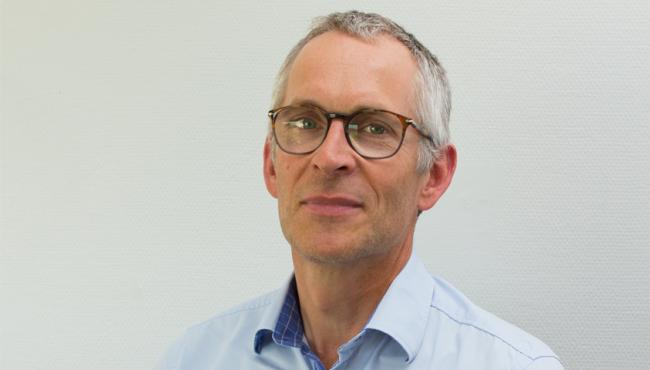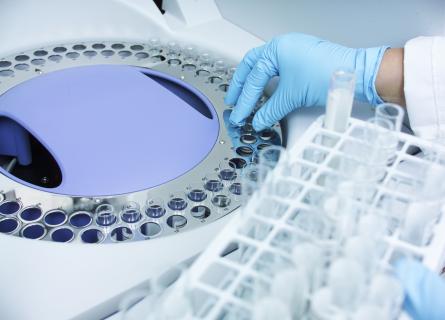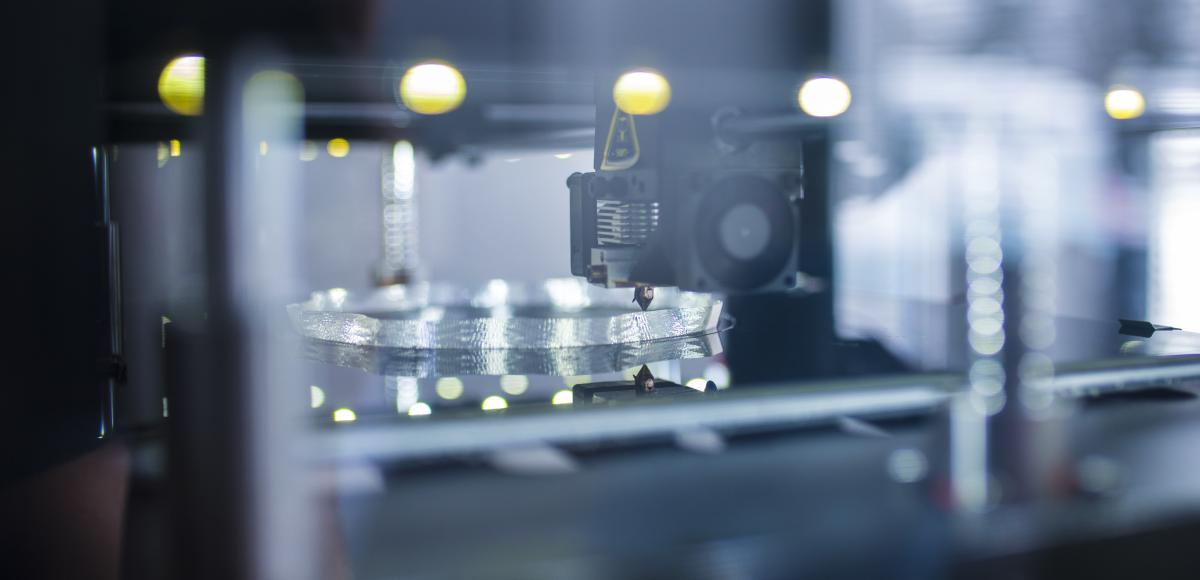
New production process towards the medical technology market
Additive Manufacturing may address challenges with time-critical manufacturing and self-sufficiency
The competence centre from Uppsala University, AM4Life, convened at AFRY's headquarters to identify challenges and come up with solutions to implement additive manufacturing more extensively as a manufacturing method within Life Science. The question of in-house versus outsourcing of the technology was discussed, in the light of national self-sufficiency in medical technology equipment. The next steps will be collaborative attempt to develop several business models for theoretical comparison and joint forces to create a project that involve multiple thesis students.
AM4life is a competence center, supported by Vinnova, covering the entire value chain from material design, equipment, and printed component design to finishing, material and component characterization, and further to in vitro and in vivo testing and to the clinics and to the patient. Additionally, to bring the product into commercial use, all companies ready to take the innovation further. Johan Rössner, Business Segment Manager BA COP, explains AFRY's ambition:
My vision is that we at AFRY are involved in discussing the future development within the medical technology field. This way, we gain a deep understanding of the direction in which technology development is heading and can support our customers with knowledge of new methods and new technology in the future.
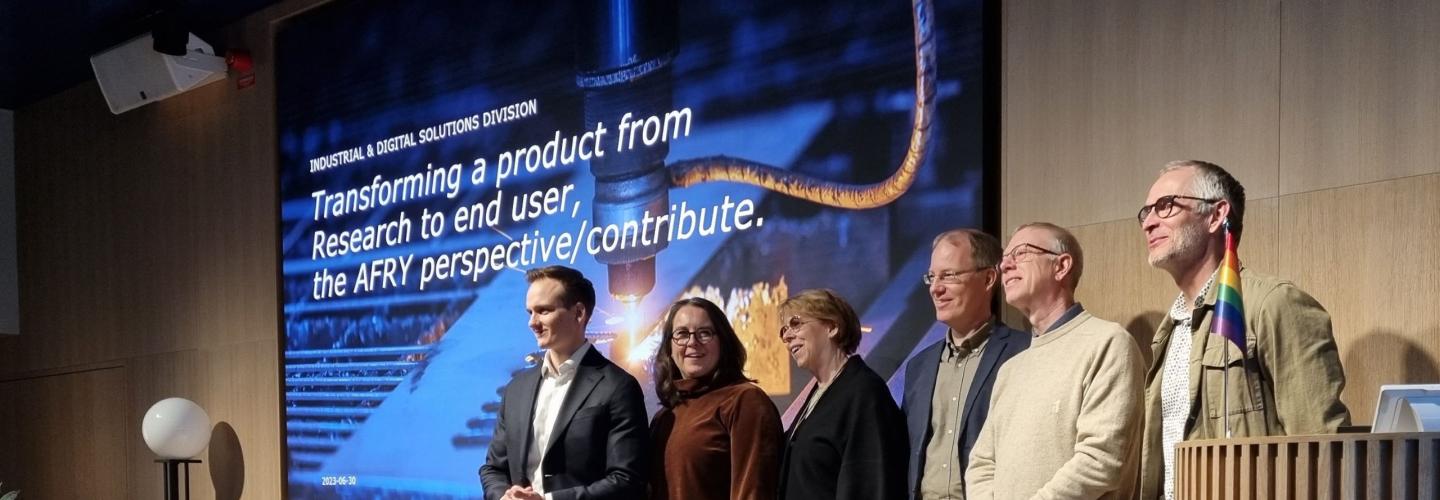
Focus on solutions
When AM4Life met in Solna just before Easter, representatives from academia and industry gathered. Some of AFRY's specialists in additive manufacturing presented offerings within their respective business areas and then discussed opportunities with visiting professors and doctoral students, mainly from Uppsala University. Despite many challenges, the opportunities with the new production method Additive manufacturing for Life Science are considered. One advantage of additive manufacturing is the rapid production of what is needed. Andreas Thor, Professor at the Department of Surgical Sciences, Oral and Maxillofacial Surgery, Uppsala University, talks about an example within cancer care where time is crucial from both the patient's perspective and the need for care, as well as operational planning and the optimized surgical schedule.
"From ordering patient-specific implants, through information transfer and a digital meeting regarding details until an approved medical product is delivered to the operating room, it takes less than a week. The process is impressive in both its simplicity and advanced manufacturing."
May be a Solution for National Self-Sufficiency
Ensuring the supply of surgical equipment in case of crisis is an issue that has already been raised by some authorities and thus raises hopes for government support in some way. However, sitting still and waiting for it is not an option; instead, there are great opportunities to explore other solutions. The discussions mainly concerned the pros and cons of the alternatives: in-house production and outsourcing.
Manufacturing In-house vs. outsourcing
For example, a central solution with a technical hub, located in, for example, Västerås, could supply nearby regions with additively manufactured medical technology products. Good conditions already exist as cooperation grows between the regions of Uppsala, Västmanland, Dalarna, and Sörmland. Establishing production in-house would mean having to build up an entirely different organization, that for manufacturing, within the hospital organization. Something that we are doubtful that the already strained healthcare system can handle or even be interested in. But geographical proximity is crucial for time-critical deliveries. So, an alternative could be to create an ecosystem close to the user so that it becomes like in-house production but not quite.
"AFRY's unique range of competence, enables us to provide valuable contributions across the entire development chain, from R & D to launch. Particularly within the regulations where documentation, process control, and quality assurance are required for the launch of medical technology products," says Erik Löfgren, Technical Sales Manager BA COP AFRY..
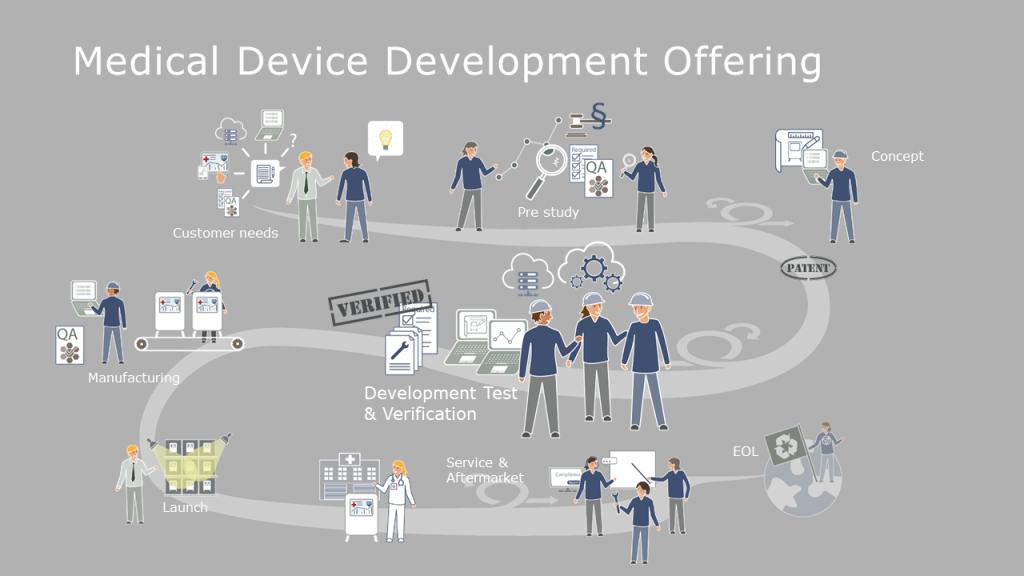
Next step Together
Concrete opportunities for cooperation were found in competence exchange. Possible collaborations were discussed, partly to develop and compile a comparison of several different business models and joint recruitment for thesis projects where AFRY can participate.
"AFRY has an ongoing collaboration with a handful of students who are doing their theses together in a joint project on optical testing equipment. It's something we could replicate for additive manufacturing," says Johan Rössner, Business Segment Manager BA COP. Anders Brantnell, Associate Professor, Department of Civil and Industrial Engineering, Uppsala University, agrees and adds:
"Meeting like this, discussing, and getting to know each other was really rewarding. Now I have a better understanding of what AFRY does and how we could collaborate. It has sparked many new thoughts and ideas. I look forward to taking the next step in a more concrete collaboration."
Visit AM4Life or contact us for more information.
